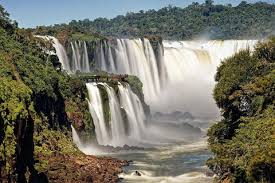Wars Related to the Power of the Imperial Family in Chinese History
Throughout China’s history, the imperial family has been at the center of not only political and cultural governance but also military conflicts. The pursuit of power, control over the throne, and the expansion or defense of the empire have led to numerous wars and battles, many of which were directly linked to the interests of





